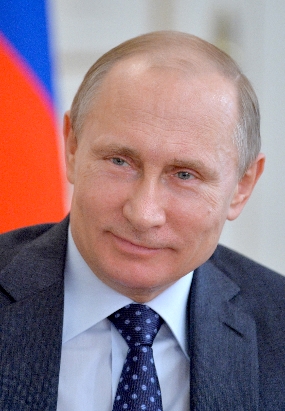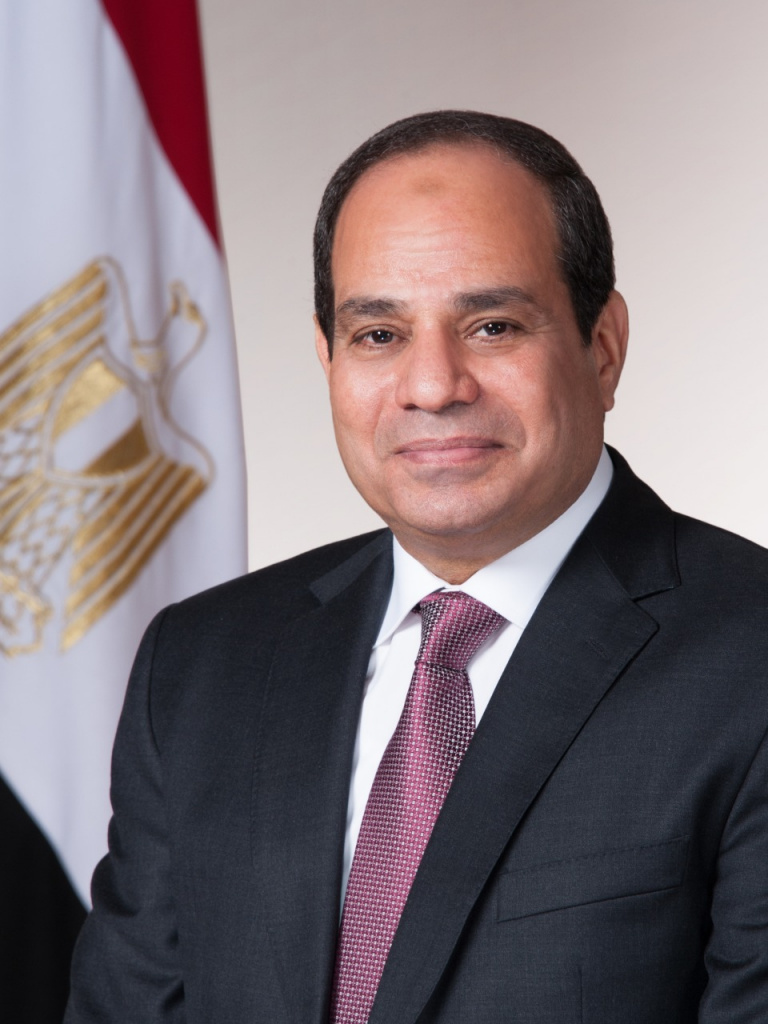Cooperation in Children’s Rights Protection Discussed at the Russia–Africa Forum
On 27 July, as part of the business programme of the Russia–Africa Economic and Humanitarian Forum under ‘The Humanitarian and Social Sphere: Working Together for a New Quality of Life’ track, a panel session entitled ‘Cooperation in the Protection of Children's Rights: Areas of Development and Forms of Interaction’ was held. The following speakers and experts took part in the session: Yuliya Bragina, Deputy Head of the Social Development Department, Russian Railways; Karina Kadyrova, Head of Preschool Education Department, City Hall of Grozny; Metropolitan Leonid of Klin, Patriarchal Exarch of Africa; Evgenia Kotova, Deputy Minister of Health of the Russian Federation; Sylvie Nzeyimana, Minister of Public Health and the Fight Against AIDS of the Republic of Burundi; Alexey Petrov, Director, Country for Children Charitable Foundation; Aleksandr Ryabchenko, Managing Director, Mantra Tanzania, State Atomic Energy Corporation ROSATOM; and Beatrice Kadeveresia Elachi, Member of Parliament, National Assembly of the Parliament of the Republic of Kenya; Chairman of the Council of the orphanage, Shelter childrens home. The session was moderated by Maria Lvova-Belova, Presidential Commissioner of the Russian Federation for Children's Rights.
In her initial address Maria Lvova-Belova said: “Africa is a new area of work for the Russian institute for children’s rights. African countries are experiencing a period of active growth, the economy is improving, but at the same time a number of problems remain: high child mortality, poverty, hunger, lack of medicines, and lack of access to schools. The Forum will provide an opportunity to discuss applied issues in different areas of assistance to African countries.”
In turn, Alexander Kinshchak, Director of the Middle East and North Africa Department, Ministry of Foreign Affairs, drew attention to the role of business in the development of charitable initiatives. “Our business [in Africa] is actively working and earning. And this can mean the participation of business in charity projects. This seems to me a promising area that should be developed,” said Alexander Kinshchak. Sergey Chestnoy, Official Representative for External Relations of RUSAL, informed about the company’s existing humanitarian programmes in Africa. “Our programmes go in two main directions: healthcare and education. Today we talked about child mortality. I can say that in 2021–2022, the maternity department of our hospital had 501 childbirths, including 130 caesarean sections. And there were no deaths recorded. This shows that, if we try very hard, we can successfully fight this problem,” said Sergey Chestnoy.
In African countries where poverty levels remain high, children have limited access to vital resources such as food and water and to medical care. In addition, the issues of education of minors, integration of orphans, children with limited abilities and disabilities into public life are high on the agenda. Cooperation between Russia and African countries can help solve these problems if mechanisms for targeted assistance from Russian ministries, socially oriented business, the Russian Orthodox Church, and civil society are worked out.
For example, Metropolitan Leonid of Klin told us that orphanhood with living parents has become a glaring problem in modern society. “Providing such children with spiritual and material help, caring for their involvement in spiritual and social life, the Church sees its most important duty as strengthening the family and making parents realise their duty, which would eliminate the tragedy of an abandoned child. We are called to defend traditional moral values in a consolidated manner by all available means. Since the Patriarchal Exarchate of Africa was established in December 2021, it has been caring for orphanages in Kenya. With the support of the Foreign Ministry and our business, we will move mountains,” said Metropolitan Leonid of Klin.
The Sylvie Nzeyimana, Minister of Public Health and the Fight Against AIDS of the Republic of Burundi, has outlined plans to support childhood and adolescence in Burundi. “This strategy should strengthen work in areas such as health, nutrition, hygiene, habitat improvement aimed at improving health and life expectancy and protecting early childhood,” said the Minister. She also listed Burundi’s policy projects to support early childhood – the National Health Policy, the National Sanitary Development Plan, the National Plan to Combat the Spread of AIDS, support for motherhood and childhood, the fight against adolescent diseases, and many others.
The participants also discussed key areas of cooperation with African countries in promoting child well-being, the formats of this cooperation, possible risks, necessary measures and mechanisms for their implementation.
Karina Kadyrova, Head of Preschool Education Department, City Hall of Grozny, shared the experience of the Chechen Republic. “On Ramzan Kadyrov’s initiative, the Unified Concept of Spiritual and Moral Education and Development of the Chechen Young Generation has been developed and has been successfully implemented for 10 years. There are no street children, no abandoned children, no children whose parents have been deprived of parental rights, and we have the lowest number of cases of violations of children’s rights. The Akhmad-Khadji Kadyrov Regional Public Foundation has launched large-scale activities to help countries in the Middle East and Africa with high levels of poverty. Wells and mosques are being built, orphans are being taken into care, and food supplies are being organized. In Somalia alone, more than 320,000 people have received food from the Kadyrov Foundation,” said Karina Kadyrova.
In her closing remarks, Maria Lvova-Belova said: “Helping children in Africa is something from childhood – it reminds of Aibolit and Princess Diana. It is such a profound story about helping where there is no doubt whether you should or should not help, when you are wholeheartedly involved in the process. We are different – ministries and government agencies, churches and non-profit organizations, big businesess – and everyone is helping in whatever way they can. Representatives of African countries tell us where we can help and support. And it seems to me that the most important thing is that this is never just talk, but that we can continue this systematic work.”
The Roscongress Foundation is the organizer of the Second Russia–Africa Summit and Economic and Humanitarian Forum.
Official website: summitafrica.ru


